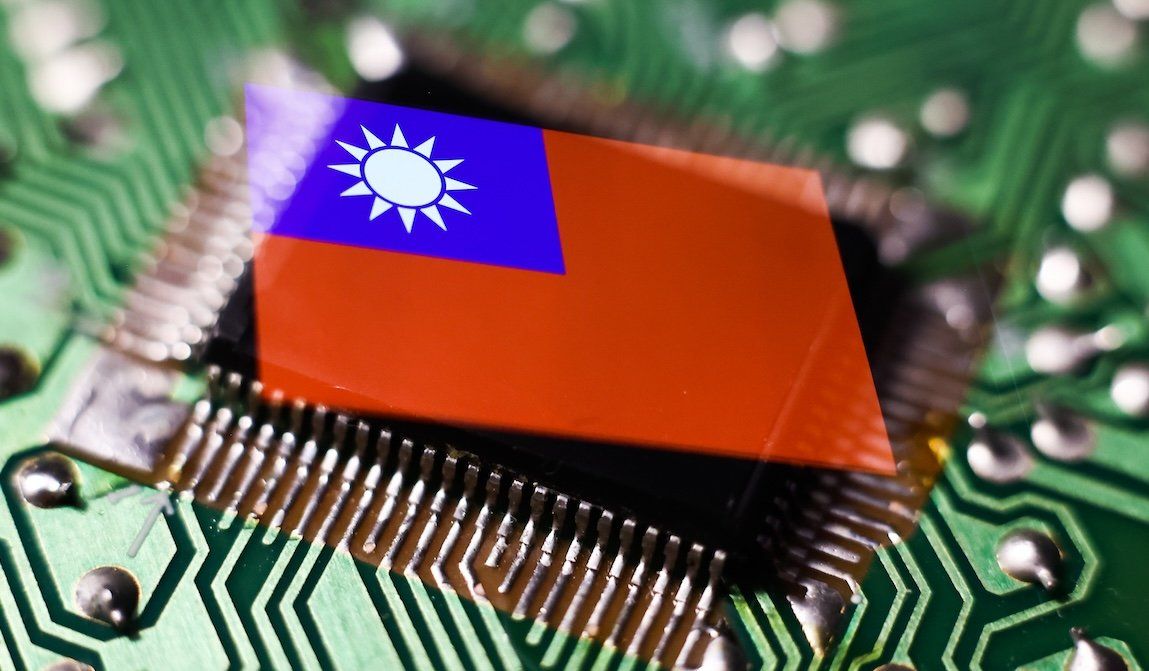A microchip and the Taiwanese flag in an illustration.
The award marked the first finalized disbursement of the CHIPS Act since it was passed in 2022 and will go toward building TSMC's three new chip factories in Arizona — helping offset the $65 billion cost.
A total of $36 billion has been approved by Congress and directed by the Commerce Department to foreign companies such as TSMC and Samsung, as well as US companies including Intel and Texas Instruments. The delays, in addition to the normal snail’s pace of bureaucracy, stem from the fact that the Commerce Department spent much of the past two years negotiating with semiconductor companies, procuring specific commitments before finalizing the amounts they’d receive.
President Joe Biden needs to disburse the payments quickly because the future of the CHIPS Act is in question. When Donald Trump takes office in January, he may fulfill campaign promises to dismantle the Biden initiative or ask the Republican-controlled Congress to repeal it. Alternatively, the president-elect couldcarry on with the disbursements, which could further a bipartisan goal of beating back China’s AI ambitions.
